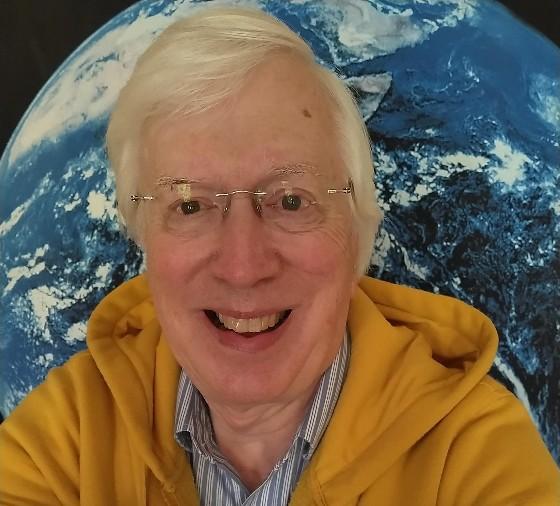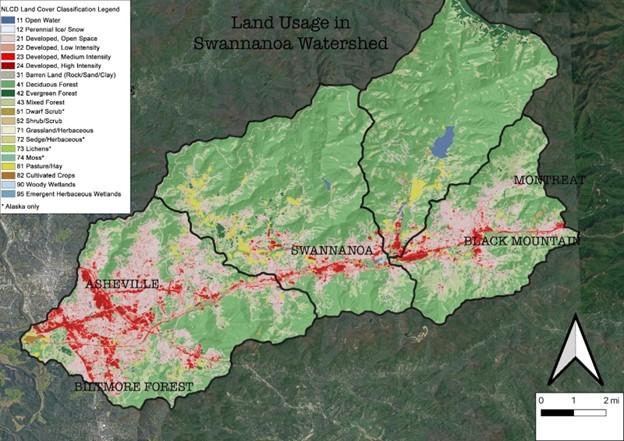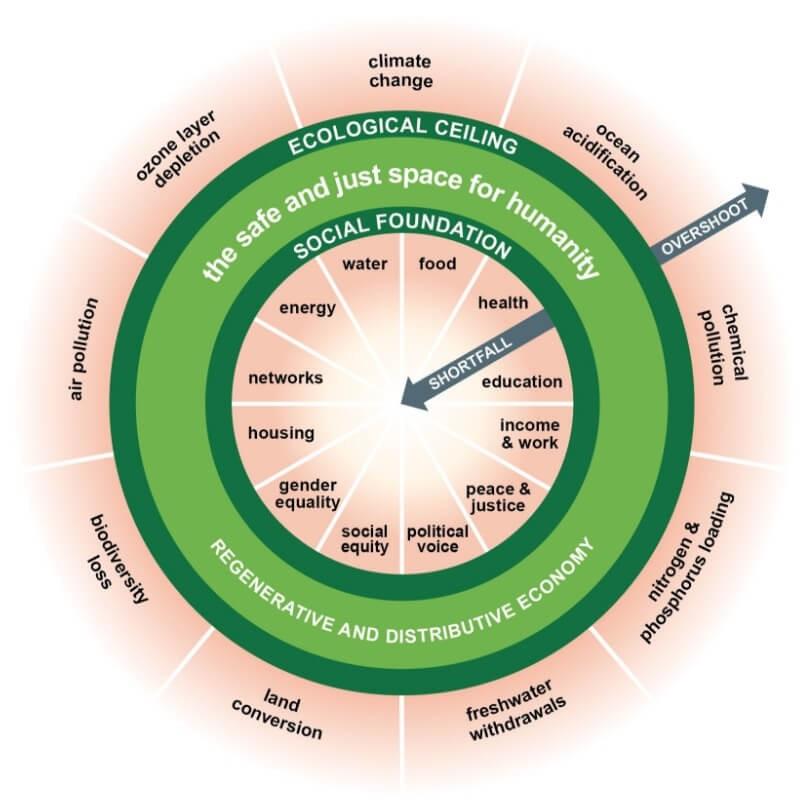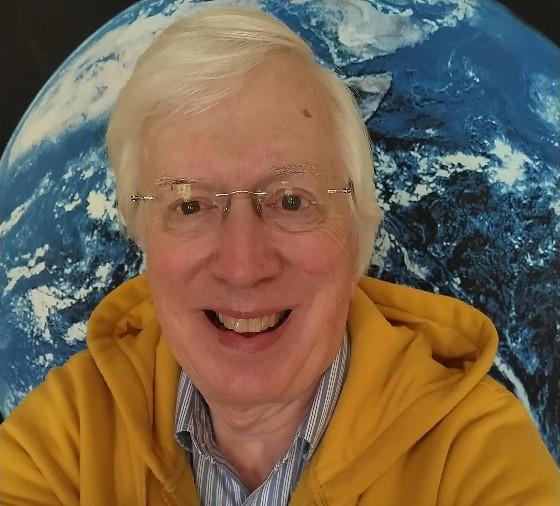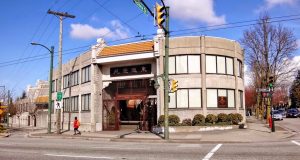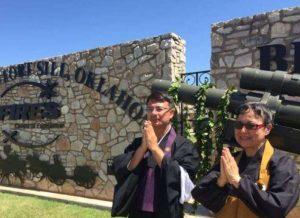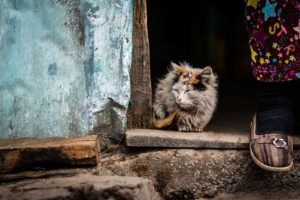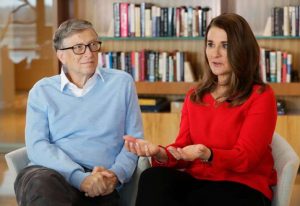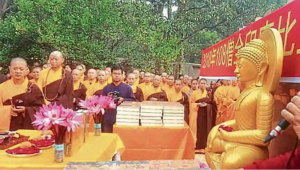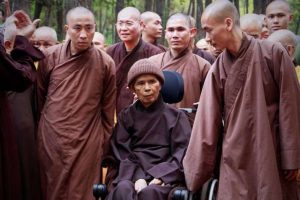My root teacher Thich Nhat Hanh said it this way:
When you wake up and you see that the Earth is not just the environment, the Earth is us, you touch the nature of interbeing. And at that moment you can have real communication with the Earth. . . . We have to wake up together. And if we wake up together, then we have a chance. Our way of living our life and planning our future has led us into this situation. And now we need to look deeply to find a way out, not only as individuals, but as a collective, a species.
(Zen and the Art of Saving the Earth, back cover)
One of the perspectives here is my engaged Buddhist practice in the transformative tradition of Thay, Thich Nhat Hanh. I am grateful to my teachers, Drs. Larry Ward, and Peggy Rowe-Ward, who are ordained by Thay.
What is my own short story of caring for people and planet, related to climate chaos, ecocide, and other interconnected global and local crises? I am grateful that for more than five decades, I have been engaged professionally in international sustainable human development.
First, for 22 years, I worked with a nonprofit, the Institute of Cultural Affairs (ICA), living and working in urban slums and poor rural villages in Chicago and Oklahoma in the US, and South Korea, Jamaica, and Venezuela, conducting community, organizational, and leadership development initiatives. I learned so much from the local people and cultures.
Then for 16 years with the United Nations Development Program (UMDP) as principal policy adviser of decentralized governance, I served the 193 member states of the UN providing policy advice and designing and coordinating programs that improved the urban environment and lives of millions of slum dwellers. This is where I began to wake up to the reality of climate chaos.
Then for 10 years with the New York University (NYU) Wagner Graduate School of Public Service, I enjoyed teaching innovative leadership for sustainable development to young professionals from many countries.
It was in 2009, while helping to facilitate a global conference on climate change in Brazil, that I was seized by the urgency of climate change adaptation and mitigation. I gave 12 talks between 2010 and 2019 in five countries at the UN and other conferences around the world calling for ecological and compassionate action.
Then, for the past five years, my service has been as a nonfiction author and climate/justice activist. That is the part that I will focus on here.
I have been engaged in Buddhist study and practice for more than 30 years, primarily in the Zen tradition of Thich Nhat Hanh and in the Tibetan tradition.
After being raised a Christian, attending a Christian theological seminary, and being in an ecumenical Christian family order, I discovered the healing wisdom of the Dharma that acknowledges suffering, shows how to relieve suffering, the truth of impermanence, the joy of interbeing, and the call to a life of compassionate action to relieve the suffering of all beings everywhere.
How can speaking and writing globally, and acting locally, from an engaged Buddhist perspective, help with climate chaos and ecocide mitigation and adaptation?
Through my published books of the past five years, I have tried to help people around the world wake up to our critical situation and to take the actions needed.
Two of my books, A Compassionate Civilization: The Urgency of Sustainable Development and Mindful Activism (CreateSpace Independent Publishing Platform, 2017), and The Critical Decade 2020–2029: Calls to Ecological, Compassionate Leadership (C2Press, 2020), deal explicitly with climate chaos mitigation and adaptation, and nurturing a regenerative environment, along with several interconnected strategies, including promoting gender equality, socioeconomic justice, participatory governance, cultural tolerance, and peace and nonviolence.
Practicing Compassion and Wisdom
It has been said that compassion and wisdom are the two inseparable wings of the bird of awakening, allowing movement through life’s often-volatile currents. Compassion is “suffering with” and vowing to relieve another’s suffering as one’s own. Wisdom is the understanding of the fundamental nature of reality, its utter interdependence, and continuous transformation.
As we negotiate the early years of this make-or-break century, we need to cultivate and manifest these two skillful means in mind, body, heart, speech, and action. Fortunately, there are many practices to help us do this, including meditation, ethical studies, yoga, journaling, movement, art, reading, spending time in nature, volunteering, prayer, contemplation, liturgy, and being part of a practice community. The most important practice, however, is to bring mindfulness and kindness into our daily lives, moment by moment.
(A Compassionate Civilization, 177–8)
Another three of my books include awareness of and actions related to present environmental and social crises and opportunities. These are Earthling Love: Living Poems (C2Press, 2020), my autobiography, Serving People and Planet: In Mystery, Love, and Gratitude (Lulu Publishing Services, 2020), and Society, Spirit, Self: Essays of the One Dance (C2Press, 2021).
Earthling Vows
Earth, our only home
Precious beyond priceless
Gift of the universeOur mother who gives us life
Earth, our only homeWe cherish you and vow
To keep you safe from harm
We swoon at the stunning beauty
Of your land
Earth, our only homeWe give you thanks for air and water
We delight in your plants and animals
We celebrate each of your humans
Earth, our only home
We vow to let go of violence and greed
And create a new civilization ofCompassion and understanding
(Earthling Love: Living Poems, 9)
Earth, our only home
This summer, I wrote a chapter on “how compassionate socio-ecological vision, values, and action can affect public policy.” This is for a book on applied spirituality and sustainable development public policy, sponsored by Jindal Global University in India.
On social media, I post on Facebook, Twitter, and LinkedIn, including on my Facebook page “A Compassionate Civilization,” and often on the Facebook page of “Teachings of Thich Nhat Hanh.” One of the administrators of that page, Caeri Bertrand, is presently narrating an audiobook of A Compassionate Civilization. I post information and inspiration concerning climate chaos and related crises, what we can do about them, and how we can care for our own body-mind, and our neighbors near and far. I also post on my blog and website.
I dialogue with people who are reading or have read one of my books. I am inspired by a young person who is Buddhist in Muslim Bangladesh, Shing Rang Marma, who found reading A Compassionate Civilization helpful to him as a compassionate activist in his country promoting the 17 UN Sustainable Development Goals. We correspond on social media and by email.
Over these five years, my activism has included getting out the vote for politicians who are committed to caring for all people and all of nature.
For the past five months, my activism has been focused where I live, here in the Swannanoa Watershed in the mountains of western North Carolina, stretching from Asheville to Black Mountain and up toward Mt. Mitchell, the highest point east of the Mississippi. Our watershed flows into the Tennessee and Ohio watersheds, into the Mississippi River, and then pours out into the Gulf of Mexico, the Caribbean Sea, the Atlantic Ocean, and comingles with the Pacific Ocean.
I am part of an amazing group of watershed residents promoting awareness and action related to ecological and socio-economic issues. We are using Kate Raworth’s model of “Doughnut Economics.” Based on this model, we and many partners are promoting the creation of a safe and just space for all people based on a just social foundation that does not overshoot the ecological ceiling.
Our current focus is on promoting home food forests, home solar energy, housing for the homeless, getting capital to those without access, bartering and local currencies, increasing water management, improving gender equality, and reducing carbon emissions. Our hope is that our work can be a demonstration to other groups in Buncombe County, the state of North Carolina, our country, the USA, and around planet Earth.
To care for myself and others in this critical moment, I practice and recommend daily exercises of mindful breathing while sitting, walking, and eating, throughout the day; mantras; care for those far and near; exercise; healthy food; enough sleep; reading, speaking, and writing; attending retreats; and political activism. We can live in gratitude, happiness, and compassion in our time of suffering and collapse.
Some of my challenges include how to expand and deepen the impact of my writing, talks, and watershed activism. What challenges are you facing with your activism, speaking, and writing related to the climate crisis?
Others can help by reading and promoting books and other media on compassionate and ecological action, especially reading Kate Raworth’s book Doughnut Economics, and beginning their own local demonstrations of this or other approaches of caring for people and planet in each locality. What are you reading, hearing, or experiencing that is inspiring and equipping you as a climate/justice activist, writer, and speaker?
May all beings everywhere, including you and me, realize peace, happiness, understanding, and compassion. May it be so.
References
Nhat Hanh, Thich. 2021. Zen and the Art of Saving the Earth. New York: HarperOne.
Raworth, Kate. 2017. Doughnut Economics. White River Junction, VT: Chelsea Green Publishing.
Related features from BDG
Creating a Compassionate Civilization: An Interview with Robertson Work
Buddhist Voices in the Climate Crisis: Welcome to the Anthropocene
Tomorrow
Buddhist Economics: Toward a Happier Society
Buddhism and Economics
Buddhist Economics with George Kinder: Creating a Mindful Golden Civilization


